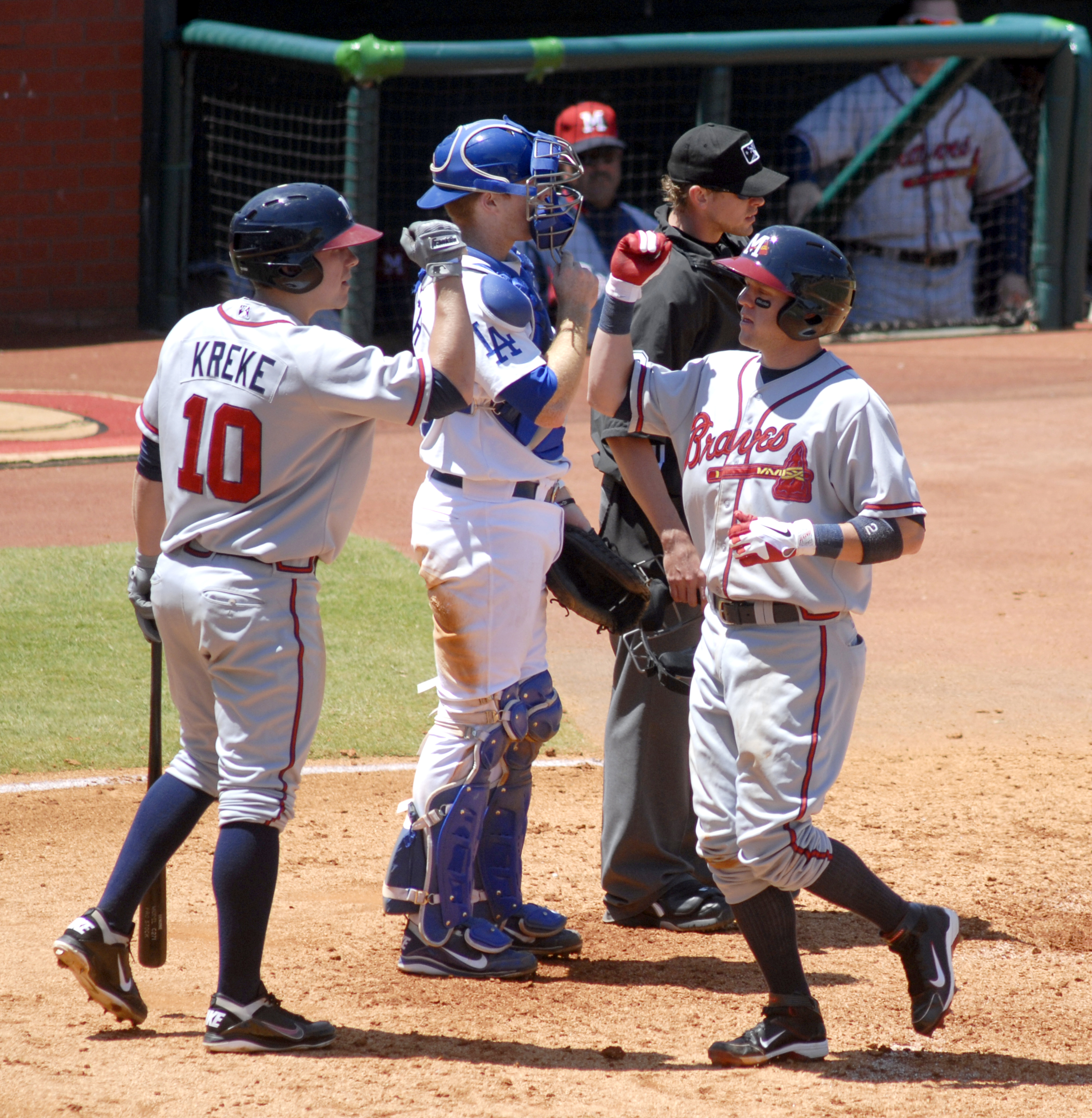Although "free baseball" is the most common reference for extra innings, the Chattanooga Lookouts have a hard time finding anything free about them.
For players, extra innings mean having to work a bit longer with no additional pay. For owner Frank Burke, they can result in lost revenue. And for fans with children who are up past their bedtimes, they can mean leaving without knowing the winner.
"Nobody likes extra innings," Lookouts outfielder Scott Van Slyke said. "It's like you're at your office working 9-to-5. You've done your work and you've done everything right, and then your boss comes up and says you need to stay an extra hour and a half. How would you feel?"
Extra innings can be riveting at the big-league level, and they can provide excitement all the way down to Dixie Youth. Yet minor league baseball is more about player development, so the arrival of the 10th inning at AT&T Field often is accompanied by fans heading for the exits.
The Lookouts have played three extra-inning games this season, including Sunday night's 13-inning win at Mississippi, but only one at AT&T.
"It's more of a family outing for us than a 'Gosh, I hope they win,' so I understand that," Burke said. "People absolutely leave because they have obligations the next day. It's not a World Series game, and we understand that part. The hardest thing for us is when there is something scheduled after the game, like fireworks, and people have to leave because they have young kids.
"That presents its challenges, and I know it's hard on players, because invariably we have extra-inning games the night before a day game. That seems to be almost a given."
A nearly decade-old city ordinance does not allow the shooting of fireworks after 11:30 p.m., and that stemmed from extra-inning games at AT&T. Burke estimates that he has canceled five or six shows in the past few years due to extra innings, adding that such displays typically cost between $3,000 and $5,000.
On some of the bigger nights of the year, such as Memorial Day and the Fourth of July, the Lookouts will start at 6:15 instead of 7:15 as a buffer in case of extra innings. The down side to that strategy is a swift game that concludes before darkness.
"If we play a really fast nine innings when there are fireworks, I love extra innings," Burke said. "We once let one person on the field at a time at Engel Stadium because the game went so fast. Extra innings have also saved me three or four times from having to shoot them off in broad daylight."
A game that goes deep into extra innings can deplete a bullpen that night as well as the next night. Two years ago, Lookouts right fielder Adam Godwin was asked to pitch in the eighth inning to aid a strapped bullpen and experienced a pop in his elbow while pitching to his first batter.
Godwin underwent surgery days later and was relegated to Independent ball last season.
"Once it gets to that point, it is difficult having to put in a position player," Lookouts manager Carlos Subero said. "We did it last year in an amazing game in Huntsville with [third baseman] Corey Smith. He pitched, had the winning RBI and won the game.
"It's one of those things where you definitely don't want to run into it."
Lookouts hitting coach Franklin Stubbs said extra innings become challenging from an instruction standpoint because players are tired and tend to go up to the plate looking to be the hero.
Though they can be a nuisance, extra innings apparently beat the alternative. Lookouts coaches and players were unanimous in their opposition to the idea of regular-season minor league games being ruled ties after the 10th inning.
"We wouldn't like that," catcher Matt Wallach said. "A tie is like kissing your sister. We want to play to win."
Said Subero: "You want no ties in this ballgame."

